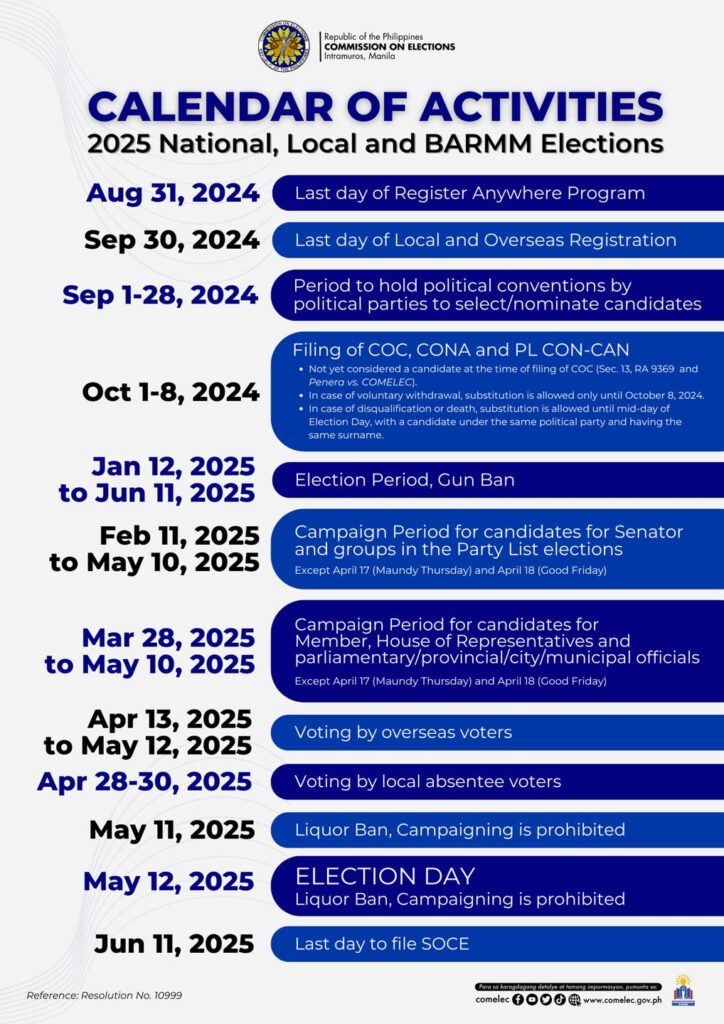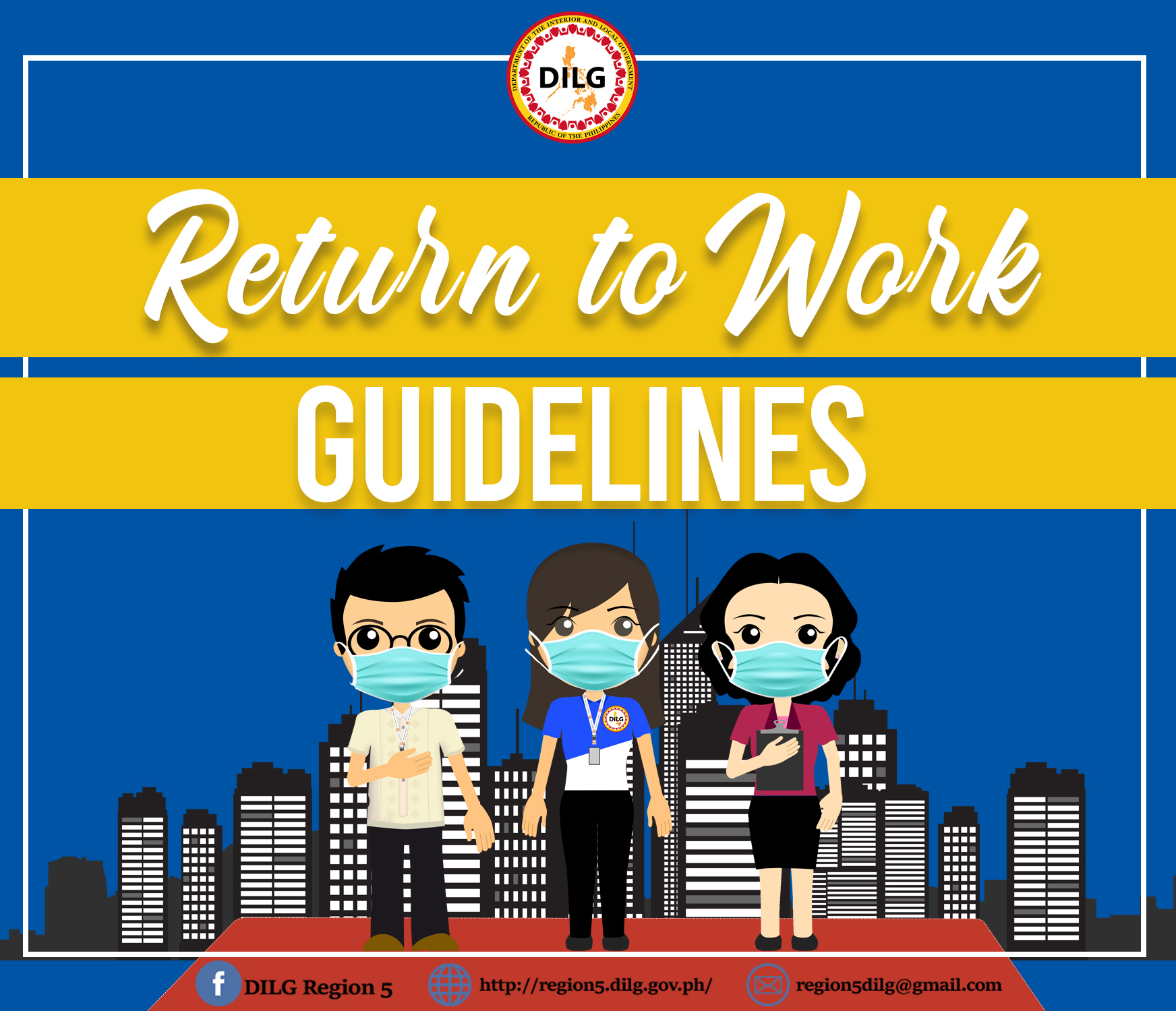Reference : https://dilg.gov.ph/news/DILG-to-LGUs-Lets-sustain-the-gains-be-vigilant-as-we-begin-to-flatten-the-curve/NC-2020-1148
The Department of the Interior and Local Government (DILG) urged all local government units (LGUs) to be vigilant, not to let their guards down, and sustain the gains in controlling the spread of Covid-19 following the health department’s official findings that the country is beginning to flatten the curve.
“We are now beginning to see the light at the end of the tunnel as the government’s efforts and the cooperation of the citizens against Covid-19 are now bearing fruit. Ipagpatuloy lang po natin ang pagtitiis, sakripisyo at pagiging disiplinado para hindi na kumalat pa ang sakit na ito. Remember #DisiplinaMuna! ” said DILG Secretary Eduardo M. Año.
He, however, emphasized that “this is not yet the end of the road” as the national government and LGUs need to continue boosting their contact tracing efforts and improving their critical care infrastructure and facilities in order to cater to Covid-19 suspects and confirmed cases.
“Sustained round the clock operations by implementing stringent health and public safety measures are the key to win the war against COVID-19 virus. Keep your respective areas of jurisdictions safe and secure at all times, never letting your guards down until we have discovered the vaccine for this virus for only then can we be assured of our victory,” he said.
“Hindi pa po panahon ng pagrerelax at pagwawalwal kasi ang iniiwasan natin ay magkaroon ng second wave at muling lumobo ang mga kaso ng Covid-19,” he added.
The DILG Secretary issued the statement after the Department of Health findings of longer case-doubling time, deaths are slowing, recoveries are dramatically improving, and we now have a 10% positivity rate which shows that the country has begun to flatten the curve.
Epidemiologist Dr. John Wong, Associate Professor of the Ateneo School of Medicine and Public Health and a Roux Prize Winner, explained how we know the country is flattening the curve based on the measuring of the doubling time or duration in days for cases or deaths to double. According to him, although the rise in cases and deaths started fast, the ECQ has significantly slowed down the speed of transmission, hence flattening the curve.
“When April 1 came around, when the ECQ took effect, you’ll see that the curve has started to flatten. From doubling every less than three days, now it is doubling around four days,” Dr. Wong said. In measuring the case doubling time, lower numbers mean faster outbreaks, while higher numbers mean slower outbreaks. For Luzon, except for NCR and neighboring provinces, Dr. Wong reported, “There has been flattening in a more dramatic way, very near the seven-day line.”
Dr. Wong specified that the country generally has a case doubling time of 4.6 days, which indicates that cases double almost every 4-5 days. Excluding NCR and its neighboring provinces, the rest of three regions placed under ECQ—Luzon, Visayas, and Mindanao—all recorded at least seven days mortality doubling time.
Another good indication of the flattening of the curve is the country’s health capacity. “Right now, we only have 25% utilization for mechanical ventilators and about 40% each for ICU beds and isolation beds. So, we still have a lot of reserve capacity,” he noted.
A positivity rate refers to the percentage of people who test positive for Covid-19 out of the total number of persons tested. According to the World Health Organization, countries should target a positivity rate of 10% or lower.
The Philippines registered a 10% test positivity rate in early May or 13,655 persons tested positive from the total 136,169 persons tested, from 17% in early April, or 4,144 persons tested positive out of 24,755 unique individuals who were tested
The DILG Secretary said LGUs should continue to put up swabbing centers and testing centers in partnership with hospital and medical care institutions. He said LGUs are also expected to designate more quarantine facilities for Covid-19 suspected and probable cases.
On top of these, LGUs should also have more trained Contact Tracing Teams who will take charge of tracing the contacts of confirmed Covid-19 cases.“Local� governments from the provincial down to the barangay level have a big role to play in our Covid-19 battle. Kailangan nating palakasin ang ating kapasidad para maging patas ang laban sa ating invisible na kaaway,” he said.
Año also called on the police and other front liners in-charge of manning the checkpoints and assisting the DSWD in giving out financial assistance from the Social Amelioration Program (SAP) and in distributing relief goods to continue to ensure that physical distancing and mandatory wearing of face masks and other measures are enforced.
“Whether we are at ECQ or General Community Quarantine, the same protocols apply. We should already be adapting to the new normal until we find a vaccine for coronavirus,” he said.



















